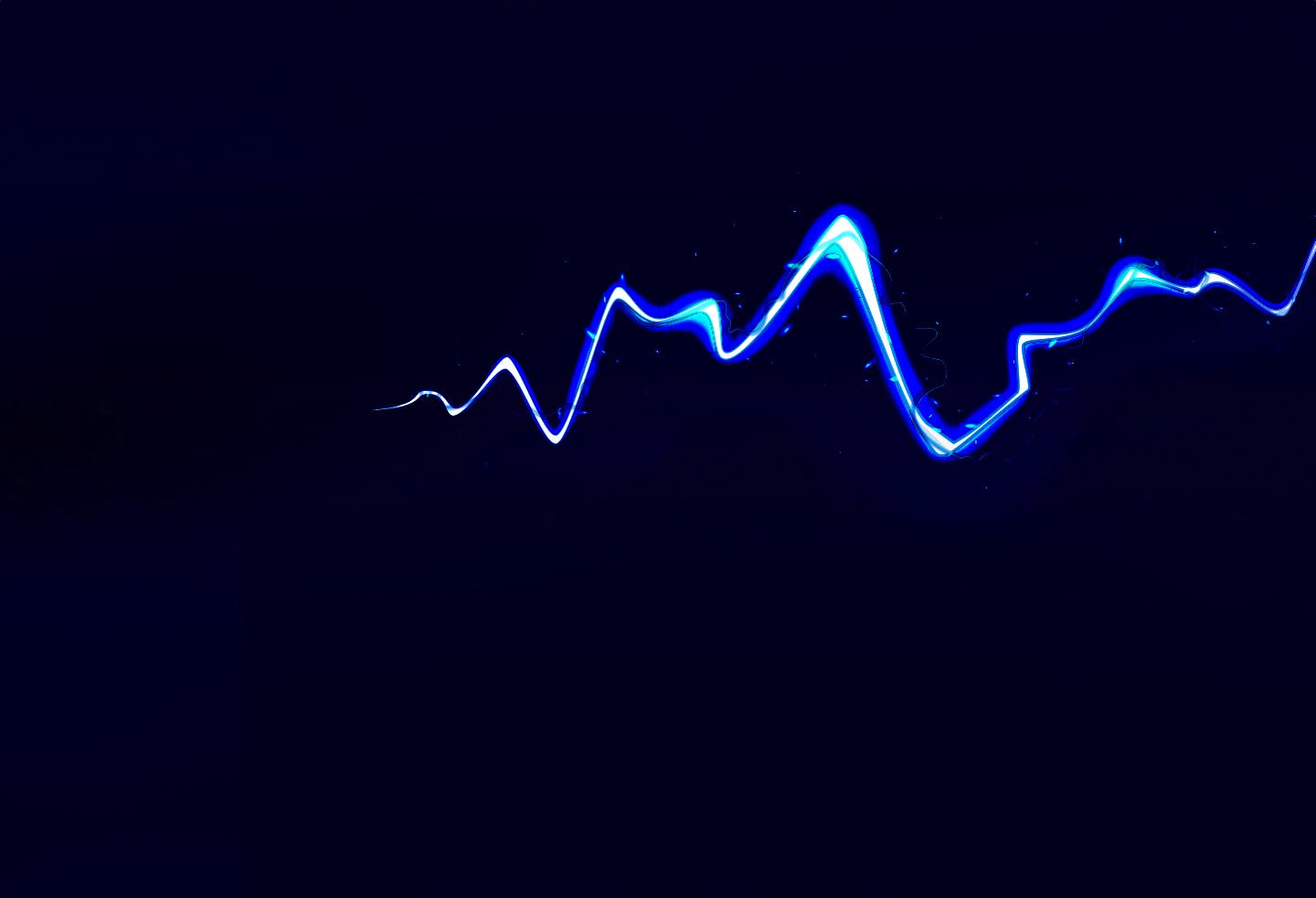
WHAT AGE GROUP IS AT GREATER RISK OF SHINGLES RE-ACTIVATION?
FOR PEOPLE BELOW 50 YEARS WHAT ARE THE FACTORS THAT INCREASE THEIR RISK?
SHINGLES RE-ACTIVATION IS DUE TO AGE RELATED DECLINE IN IMMUNITY?
ADOPTING A HEALTHY LIFESTYLE PROTECTS AGAINST SHINGLES?
SHINGLES DISEASE AND ITS COMPLICATIONS ARE PREVENTABLE?
AM I AT
RISK
FOR SHINGLES?
UP TO 1 IN 3 PEOPLE
RISK DEVELOPING SHINGLES IN THEIR LIFETIME.1
CONSULT YOUR DOCTOR TODAY REGARDING
SHINGLES DISEASE AND HOW TO PROTECT YOURSELF
& LOVED ONES FROM IT
WHO IS AT
RISK
I’ve Had Chickenpox:
Anyone who has had chickenpox is at risk of developing Shingles: Up to 1 in 3 people risk developing Shingles in their lifetime. Those who had chickenpox in their first year of life are at even greater risk.1
I’m an Older Adult
(50 or Older):
Over 90% of adults 50 and/or older already carry the virus that causes Shingles. Older adults are at a greater risk of developing Shingles than younger adults. The incidence of Shingles increases with age. Shingles can affect up to half of those who live to 80 years of ages.3,4
I Am Immunocompromised:
People who have a weakened immune system are at higher risk of developing Shingles and are more likely to have a more severe case.3
TALK TO YOUR DOCTOR TODAY
If you are one of the above 3 groups, you may be at risk for Shingles.
If you have not had chickenpox before and you come into close contact with a person who has Shingles (e.g., touch an open blister) then you may also be at risk of contracting chickenpox.
If you are 50 years or above, talk to your primary health care doctor about Shingles disease and how you can be protected.
Awareness material provided by GlaxoSmithKline
In case of any side effects belongs to medication, please contact the SFDA on
19999
References
- CDC. MMWR. Prevention of Herpes Zoster, June 2008. Available at: http://www.cdc.gov/mmwr, Accessed July 2022.
- Shingles and chickenpox (varicella-zoster virus) Information, Mount Sinai, July 2022. Available at: https://www.mountsinai.org/health-library/report/shingles-and-chickenpox-varicella-zoster-virus, Accessed July 2022.
- Mayo Clinic. Shingles Symptoms and Causes, January 2019. Available at: https://www.mayoclinic.org/diseases-conditions/shingles/symptoms-causes/syc-20353054?p=1, Accessed July 2022.
- Bollaerts, et. al. Epidemiology and Infection, October 2017. Available at: http://www.ncbi.nlm.nih.gov/pmc/articles/PMC5647669/, Accessed July 2022.
- Berkowitz, Elchonon M., et al. "Safety and immunogenicity of an adjuvanted herpes zoster subunit candidate vaccine in HIV-infected adults: a phase 1/2a randomized, placebo-controlled study." The Journal of infectious diseases 211.8 (2015): 1279-1287.
- Bharucha, Tehmina, Damien Ming, and Judith Breuer. "A critical appraisal of ‘Shingrix’, a novel herpes zoster subunit vaccine (HZ/Su or GSK1437173A) for varicella zoster virus." Human Vaccines & Immunotherapeutics 13.8 (2017): 1789-1797.


